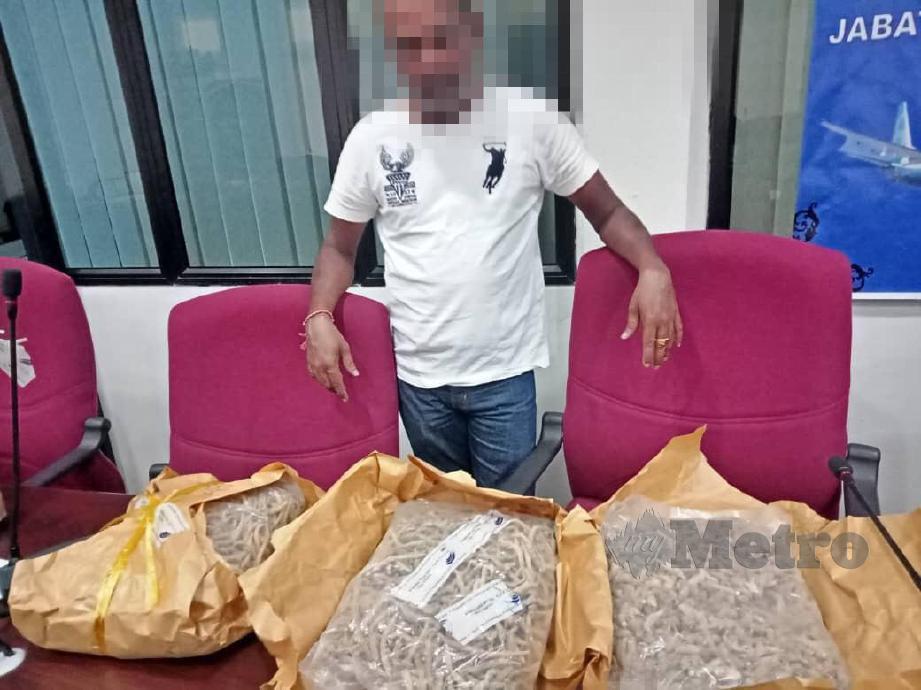SOURCE: https://www.hmetro.com.my/mutakhir/2019/12/528958/hantar-ginseng-guna-pos
Hantar ginseng guna pos

JABATAN Pemeriksaan Kuarantin dan Pemeriksaan Malaysia (MAQIS) merampas ginseng yang dihantar melalui pos dari Hong Kong hasil kerjasama dengan Jabatan Kastam Diraja Malaysia minggu lalu.
Dalam kejadian 10 pagi itu, MAQIS menerima satu serahan keluar pertanian ginseng seberat enam kilogram (kg) daripada kastam di Pejabat Pos Juru.
Pengarah MAQIS negeri Zarina Ramli berkata, hasil pemeriksaan fizikal dan dokumen barangan itu pihaknya mendapati ia dialamatkan kepada seorang lelaki berusia 40-an dan dibawa masuk tanpa permit import (IP) daripada MAQIS
Beliau berkata, kesemua ginseng dianggarkan bernilai RM630 itu dibawa masuk bagi kegunaan sendiri.
Katanya, pihaknya sudah mengenakan tindakan kompaun RM1,000 ke atas lelaki berkenaan kerana mengimport sesuatu tanpa dokumen yang sah.
“Perbuatan mengimport keluaran pertanian tanpa permit adalah satu kesalahan mengikut Seksyen 11(1) Akta MAQIS 2011.
“Jika sabit kesalahan boleh didenda tidak lebih RM100,000 atau penjara maksimum atau kedua-duanya sekali,” katanya.
.